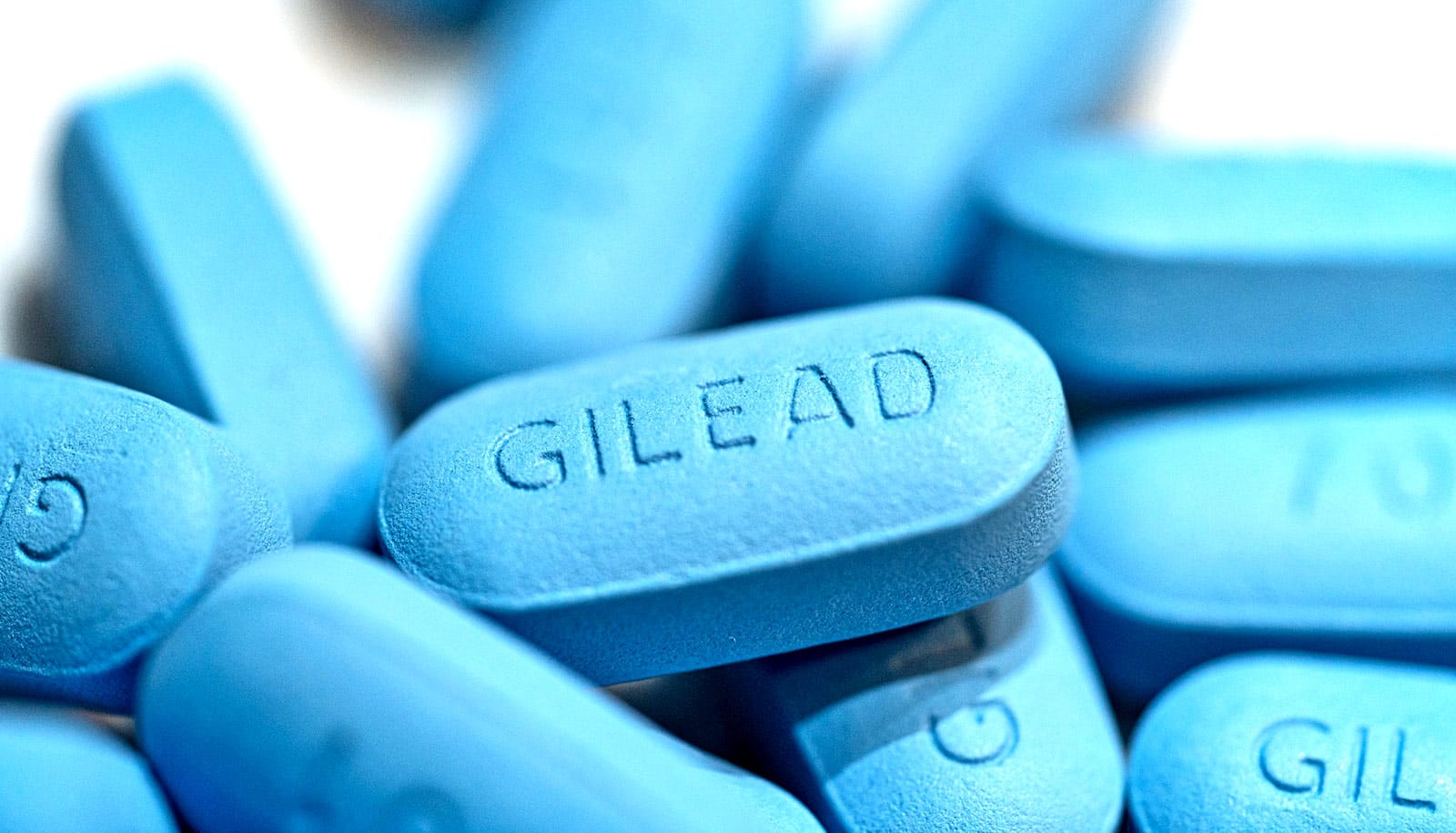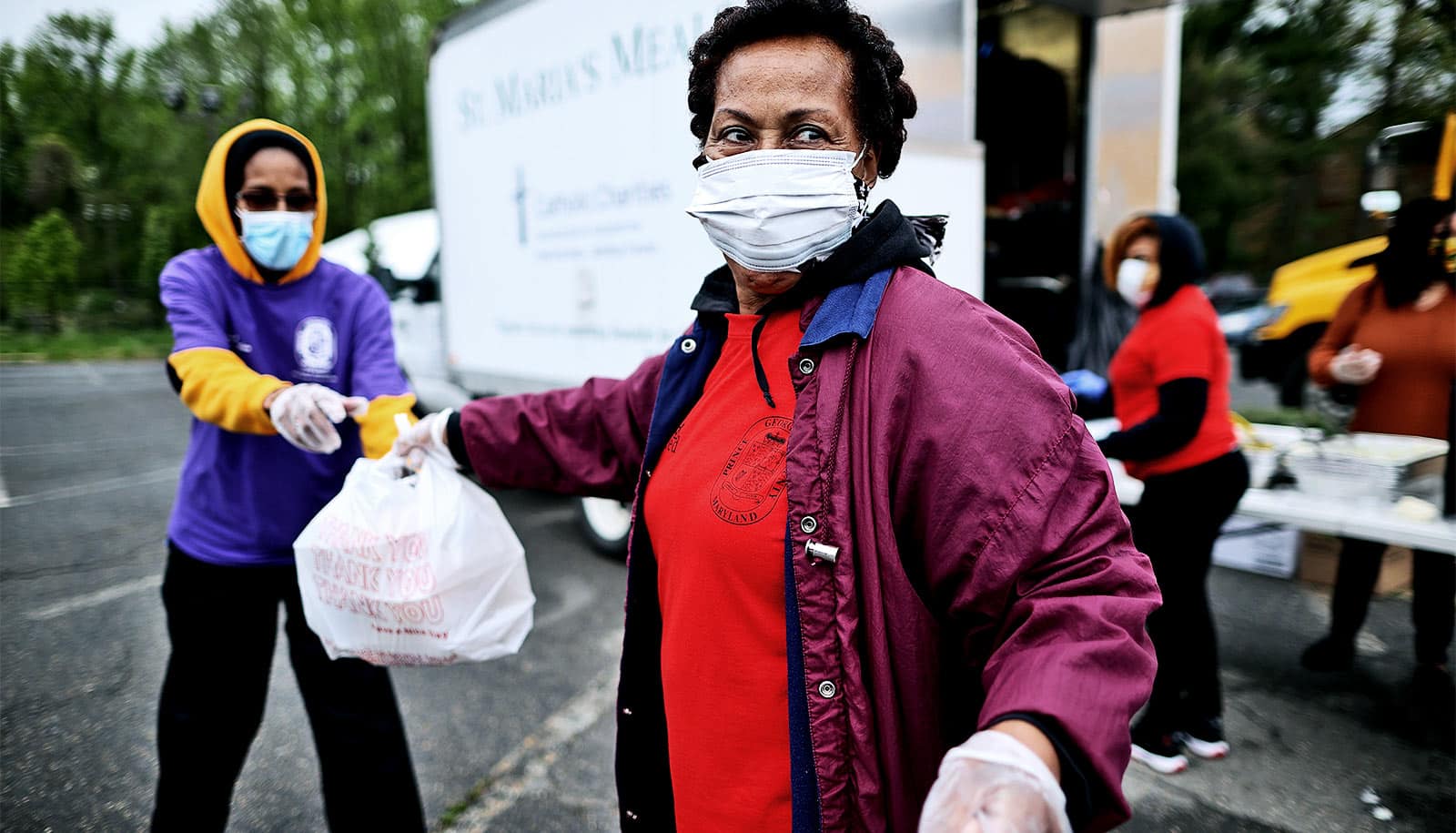A new app-based HIV self-test program not only successfully linked participants to counseling services and care, but also detected new infections and increased referrals to self-test.
In the shadow of the COVID-19 pandemic, HIV continues to be a major global public health issue, affecting an estimated 40 million people.
“Our study shows that a flexible, anonymized, secure, app-based digital program can be successfully deployed with young digitally savvy populations, even in low-resource settings.”
As COVID-19 disrupts health care systems, digital health initiatives like the new program are stepping in to fill the gap, offering the possibility to increase access to effective HIV prevention, diagnosis, treatment, and care.
Nitika Pant Pai at the Research Institute of the McGill University Health Centre (RI-MUHC) developed the self-test program, called HIVSmart!, and implemented it in township populations of Western Cape in South Africa with the collaboration of physicians at the University of Cape Town and community healthcare workers.
The findings, published in BMJ Global Health, compares the HIV self-test program to conventional HIV testing and suggests that self-testing strategies using innovative digital technologies that provide access to care could accelerate progress towards UNAIDS targets for HIV elimination worldwide.
Recent HIV self-test studies have shown increases in self-test uptake and detection of new HIV infections. However, without the appropriate programs and logistics, linking people to either preventative care (i.e., pre-exposure prophylaxis, partner notification, and medical circumcision) or treatment care has remained a challenge.
“The WHO has called for evidence for the use of digital supports and community-based health care workers to improve services associated with HIV self-testing,” explains Pant Pai, physician and scientist in the infectious diseases and immunity in global health program at the RI-MUHC and first author of the study.
“Our study shows that a flexible, anonymized, secure, app-based digital program can be successfully deployed with young digitally savvy populations, even in low-resource settings.”
“The advent of COVID-19 has reduced access to healthcare services. This, combined with the fact that more than half of new HIV infections in many African countries are in the young tech-savvy population (15 to 30-year age group), means that HIV self-testing with digital support tools will fill a huge unmet need and improve detection rates and links to care,” adds co-principal investigator Keertan Dheda, director of the Centre for Lung Infection and Immunity at University of Cape Town in South Africa and professor of mycobacteriology and global health at the London School of Hygiene and Tropical Medicine in the UK.
“HIV and AIDS affect millions worldwide, and knowing you have it can certainly help prevent its transmission. Dr. Pant Pai’s work is an essential step toward reducing and eliminating HIV transmission—one that will improve and save countless lives. I am grateful to our community of donors for supporting this important initiative,” says Julie Quenneville, president and CEO of the MUHC Foundation.
Grand Challenges Canada, the Medical Research Council South Africa Department of Science & Technology South Africa (government of South Africa), the MUHC Foundation, and OraSure funded the work.
Source: McGill University



